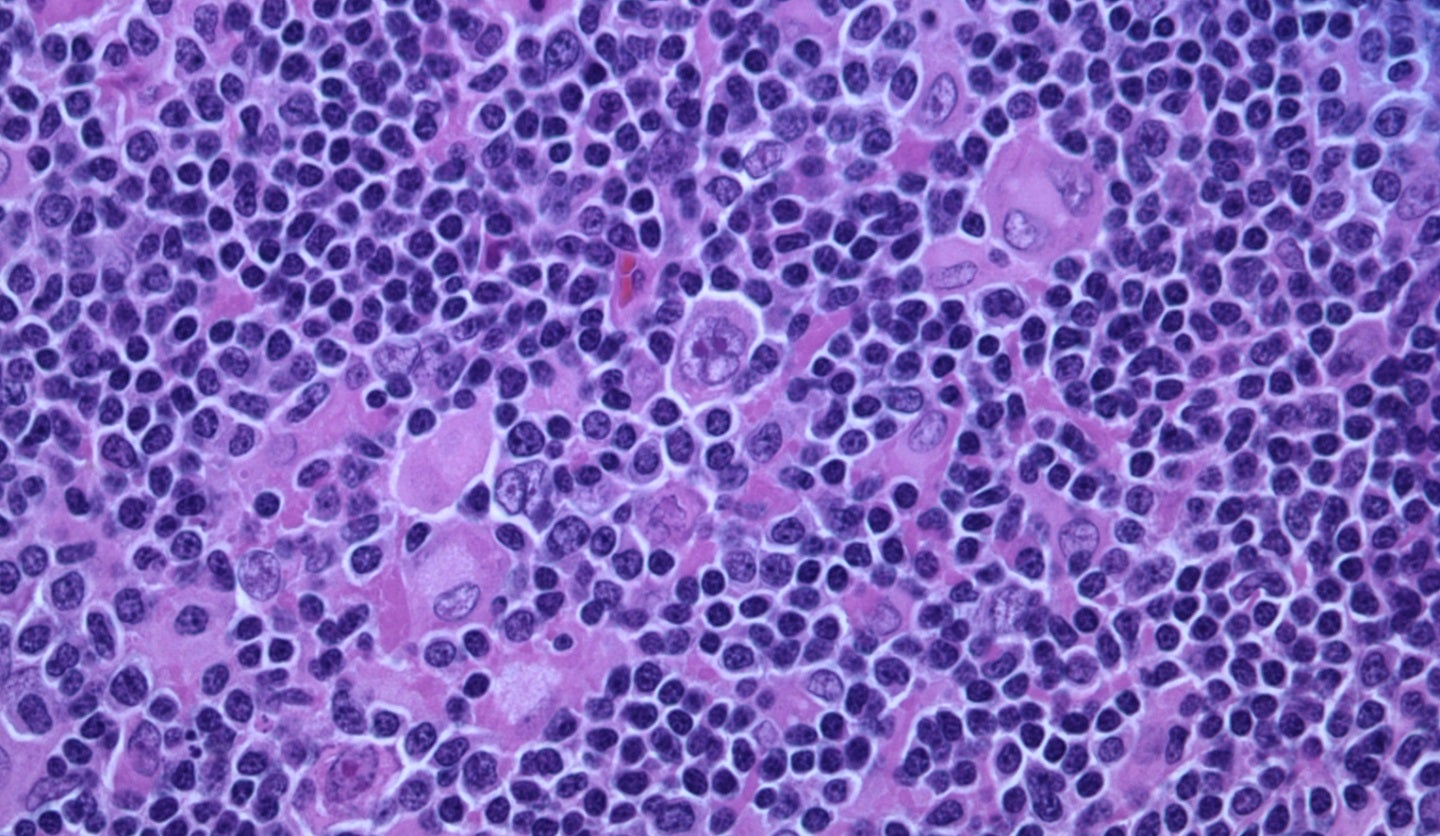
Chinese pharmaceutical company Antengene has received approval from the US Food and Drug Administration (FDA) for an investigational new drug application to begin a Phase I trial of ATG-031.
The PERFORM trial will evaluate ATG-031’s ability to treat patients with advanced solid tumours or B-cell non-Hodgkin’s lymphoma (B-NHL).

Discover B2B Marketing That Performs
Combine business intelligence and editorial excellence to reach engaged professionals across 36 leading media platforms.
It will be the first-in-human, multi-centre, open-label, dose-finding study of ATG-031.
The trial’s primary objective is to examine ATG-031’s safety and tolerability as a single agent, as well as identify the correct dose for Phase II trials.
Its secondary objective is to characterise the drug’s pharmacology and assess its immunogenicity and preliminary efficacy.
ATG-031 is a humanised anti-CD24 monoclonal antibody that inhibits the ‘don’t eat me’ signal in the tumour microenvironment.

US Tariffs are shifting - will you react or anticipate?
Don’t let policy changes catch you off guard. Stay proactive with real-time data and expert analysis.
By GlobalDataThe drug is Antengene’s third candidate to enter clinical trials in the US to date.
It was primarily developed to closely bind with CD24 expressed on cancer cells and obstruct interaction between CD24 and the Siglec-10 receptor expressed on the tumour-associated macrophage surface.
The drug was also developed to improve cancer cells’ macrophage-mediated phagocytosis and support the function of cytotoxic T cells in the tumour microenvironment.
Antengene Drug Discovery executive director and ATG-031 co-developer Dr Bing Hou said: “Targeting the so-called ‘don’t eat me’ signal is a promising therapeutic strategy for cancer treatment.
“In comparison to existing ‘don’t eat me’ blockers such as anti-CD47 monoclonal antibodies, ATG-031 demonstrated a wider therapeutic window and the ability to overcome the on-target-off-tumour toxicities observed with CD47 inhibitors.
“CD24 is a small and highly glycosylated protein that makes the development of antibodies particularly challenging.”
Based in Shanghai, Antengene aims to discover, develop, manufacture and commercialise therapeutics for the treatment of haematologic malignancies and solid tumours.
Last year, the company partnered with Merck to evaluate the oral small molecule CD73 inhibitor ATG-037 as a monotherapy.





